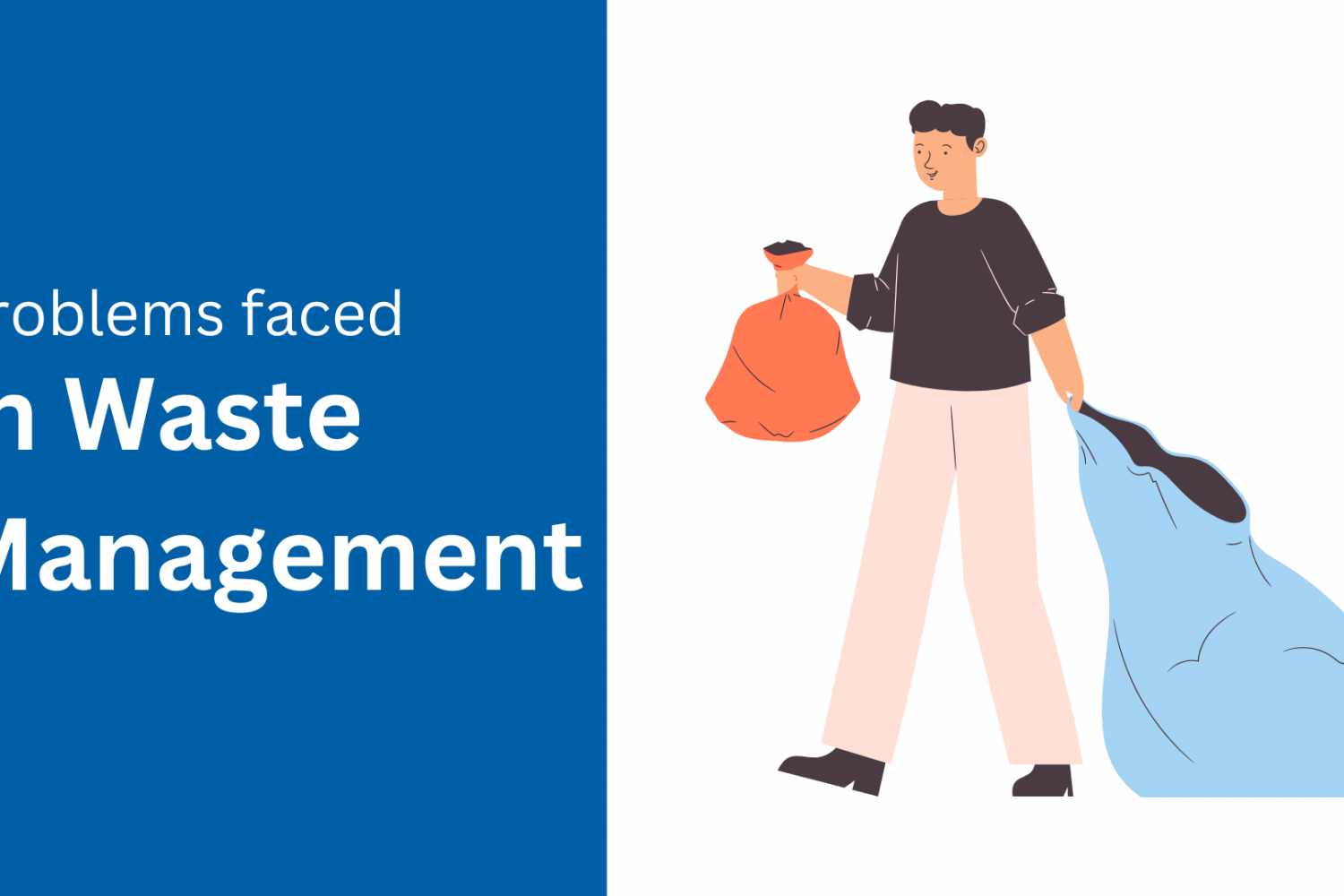India generates over 20,000 tonnes of plastic waste per day and it is a matter of grave concern that the country lacks adequate facilities to manage it.
The Problem with Plastic Scrap
In India, waste management is a huge problem. There is a lack of infrastructure and facilities to properly deal with the vast amount of waste produced by the country’s 1.3 billion people. As a result, much of the waste ends up being dumped in landfills or burned, which releases harmful toxins into the environment.
One of the biggest issues facing Indian waste management is the growing problem of plastic scrap. Plastic is non-biodegradable, meaning it can take centuries to break down in the environment. This creates a major pollution problem, as plastic scrap litters streets and clogs drains and sewer systems.
What’s more, burning plastic produces dioxins, which are highly toxic chemicals that can cause cancer and other serious health problems. They also contribute to air pollution and can have negative impacts on wildlife and ecosystems.
The problem with plastic scrap is compounded by the fact that India does not have an adequate recycling infrastructure in place to deal with it. As a result, much of the plastic waste ends up being incinerated or dumped in landfills, where it causes serious environmental problems.
How We Utilize Plastic Waste in India
In India, we have a huge problem with plastic waste. Every day, tons of plastic are thrown away in the form of packaging, containers, and other single-use items. This waste often ends up in landfills, where it takes hundreds of years to decompose.
But what if we could put this plastic waste to good use? In India, some companies are doing just that. They’re collecting plastic waste and using it to make new products.
For example, one company makes tiles out of recycled plastic. These tiles are strong and durable, making them perfect for floors and walls. Another company makes bags and purses from recycled plastic. These products are stylish and eco-friendly.
By utilizing plastic waste, these companies are helping to clean up the environment and create new jobs. It’s a win-win for everyone involved!
The Future of Waste Management and Plastic Scrap
The world is awash in plastic waste. Every year, we produce more than 300 million tons of the stuff, and much of it ends up in landfills or floating in the ocean. In India, where 60% of the population lives in rural areas and lack access to formal waste management systems, plastic waste is a particularly big problem.
While there are many challenges to solving the plastic pollution problem, one promising solution is to recycle plastic scrap into new products. This process, called ‘upcycling,’ can give new life to used or damaged items that would otherwise be thrown away.
Upcycling plastic waste has many benefits. It reduces the amount of material going into landfills and oceans, and it can create jobs in the recycling industry. What’s more, upcycled products often have a lower environmental impact than those made from virgin materials.
Despite these advantages, recycling plastic scrap is not yet widespread in India. One challenge is that most recyclers lack the technology and expertise to upcycle plastics into new products. Another challenge is that there is no easy way to collect used plastics for recycling.
The Indian government has taken some steps to address these challenges. In 2016, it launched the Plastic Waste Management Rules, which set targets for reducing plastic waste and increasing recycling. The rules also created a framework for setting up collection and recycling infrastructure across the country.
While these regulations are a step in the right direction, more needs to be

